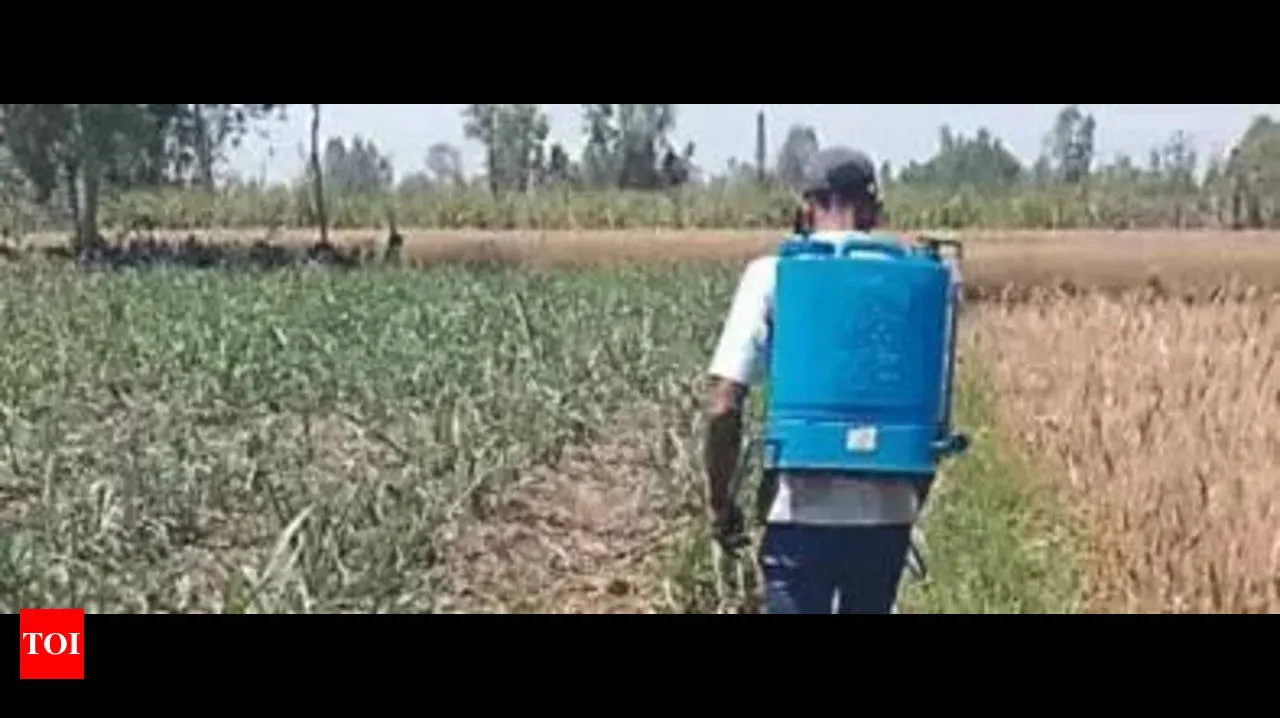Lucknow Latest News: Pesticide Use in Agriculture Tied to Chronic Kidney Disease, RMLIMS Research

Pesticide Impact on Kidney Health: A Critical Study
In a significant research effort, doctors from Ram Manohar Lohia Institute of Medical Sciences (RMLIMS) have uncovered alarming correlations between agricultural pesticides and chronic kidney disease (CKD) prevalence. Aiming to explore this pressing health issue, the study titled ‘Chronic Kidney Disease from Agricultural Communities — Association and Accumulation of Hexachlorobenzene, Malathion, and Parathion Pesticides’ was spearheaded by Prof. Namrata Rao, and it has garnered notable acclaim within the medical community.
Key Findings
- CKD Prevalence: The research focused on 100 patients suffering from CKD, primarily farmers from rural regions of Uttar Pradesh, including Lucknow, Barabanki, Gonda, Ambedkarnagar, and Azamgarh.
- Pesticide Levels: Doctors measured pesticide concentrations in the blood and urine of CKD patients, contrasting their results with healthy individuals from similar communities.
- Noteworthy Results: The findings indicated that CKD patients exhibit markedly elevated levels of hazardous pesticides, most prominently malathion and parathion.
Health Implications
This research underlines a critical public health challenge linked to agricultural practices and pesticide management. It emphasizes the urgent need for screenings and interventions in farming communities to mitigate health risks associated with pesticide exposure.
This article was prepared using information from open sources in accordance with the principles of Ethical Policy. The editorial team is not responsible for absolute accuracy, as it relies on data from the sources referenced.